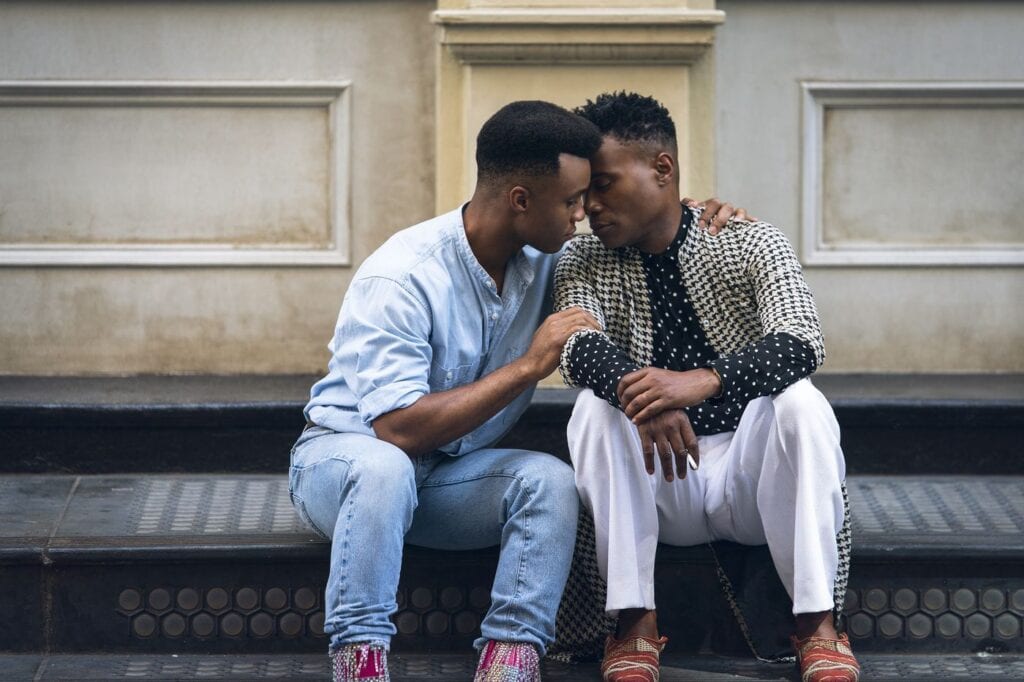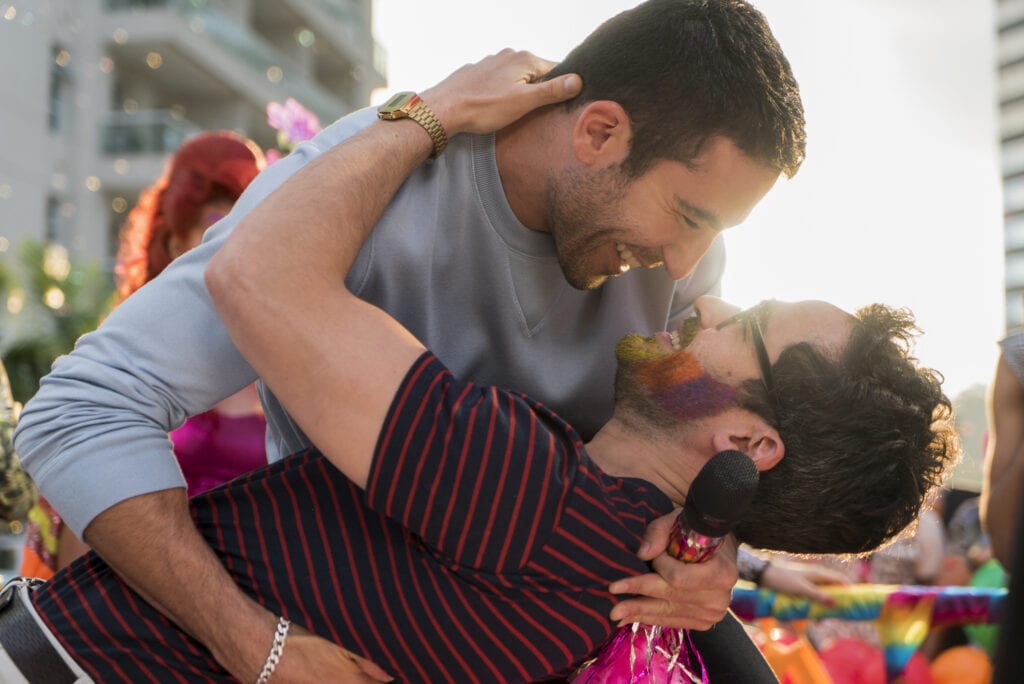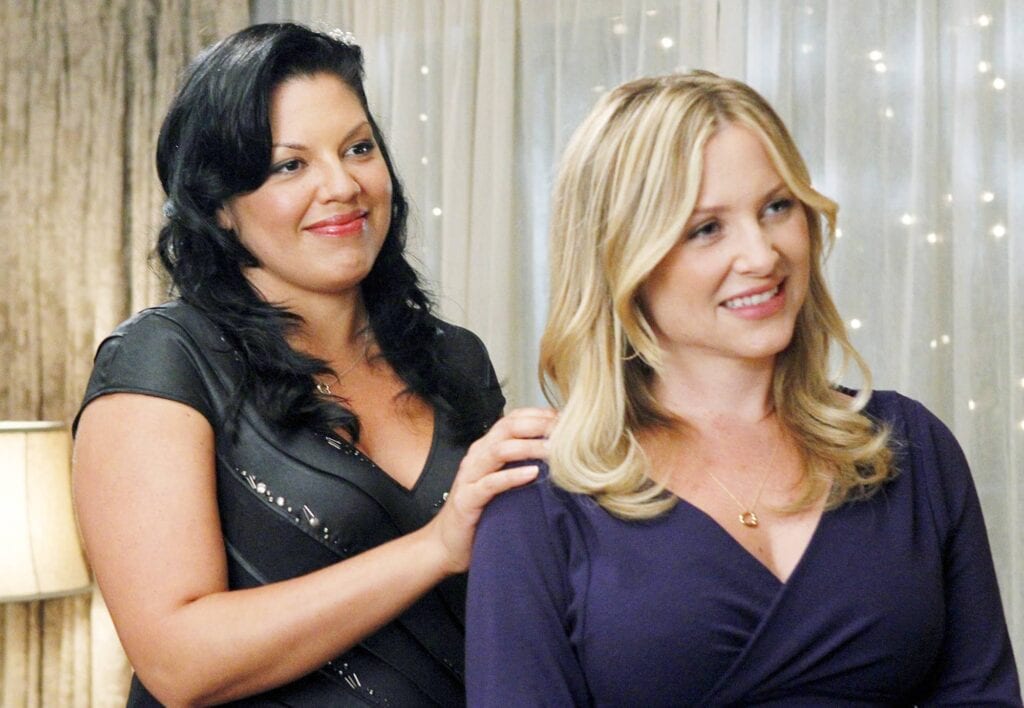
Sizzling buzz: Demystify the Bud Light Seltzer backlash
Ever wondered what it takes to send social media into a whirlwind? Bud Light, the beer giant, certainly knows a thing or two about that. After joining forces with transgender influencer Dylan Mulvaney, the brand found itself in hot water with conservative circles. A colorful tapestry of opinions began to unfurl, sparking discussions about transgender representation and acceptance in today’s society.

The backlash
This collaboration, designed to promote Bud Light on social media platforms, became a lightning rod for conservative personalities who objected to the partnership. The result? A storm of boycott threats from those who found the campaign unpalatable. But despite the controversy, it’s impossible to overlook the message this sends about brands’ role in promoting inclusivity and diversity.
Yet amidst the uproar, a number of voices hailed the partnership as a leap towards progress. For them, Bud Light’s initiative signaled a step towards a more inclusive society, where everyone, irrespective of their gender identity, can be represented and celebrated. Clearly, this issue is as complex as it is divisive, demonstrating the continued societal disagreements over LGBTQ+ representation and acceptance.
Amid this sea of controversy, Dylan Mulvaney stands tall. Known for her strong online presence, Mulvaney’s partnership with Bud Light placed her squarely in the spotlight, and yes, also in the crosshairs of detractors. Despite this, Mulvaney’s resilience serves as a testament to her advocacy for transgender visibility and acceptance.

Standing firm
Sure, there were calls for boycotts. But if anything, the backlash simply underscored the ever-present struggle for transgender rights. Businesses like Bud Light stepping into the ring to champion diverse representation might not always be a popular move, but it’s a conversation-starter, and that alone holds tremendous value.
Away from Bud Light’s offices and Mulvaney’s social feeds, there’s a broader picture to consider. The push by some conservative groups to limit LGBT rights has opened another battlefield in the fight for equality. Whether it’s educational policy shifts or legislative attempts to discriminate against the LGBTQ+ community, the implications are deeply impactful.
With initiatives ranging from “Don’t Say Gay” bills in educational contexts to anti-LGBTQ+ laws under the guise of religious freedom, there’s a potent mix of issues at hand. These developments underscore the wide-ranging debates around gender identity, privacy, and the balance between religious freedom and equal treatment.

Call to arms
Despite the resistance, it’s vital to remember that many have risen in opposition to these conservative initiatives. LGBTQ+ advocates, progressive groups, and even some conservative allies have spoken out against the rollback of rights. Federal nondiscrimination protections have been highlighted as a necessary safeguard, offering a beacon of hope amid these challenging times.
As Bud Light’s collaboration with Dylan Mulvaney underscores, we’re navigating a cultural and political landscape marked by deep divisions over LGBTQ+ rights. While we continue to grapple with these questions, let’s not forget that every controversy offers an opportunity to drive the conversation forward. So, as we ponder over the latest Bud Light saga, here’s a question: Are we ready to raise a toast to a more inclusive future?
_



